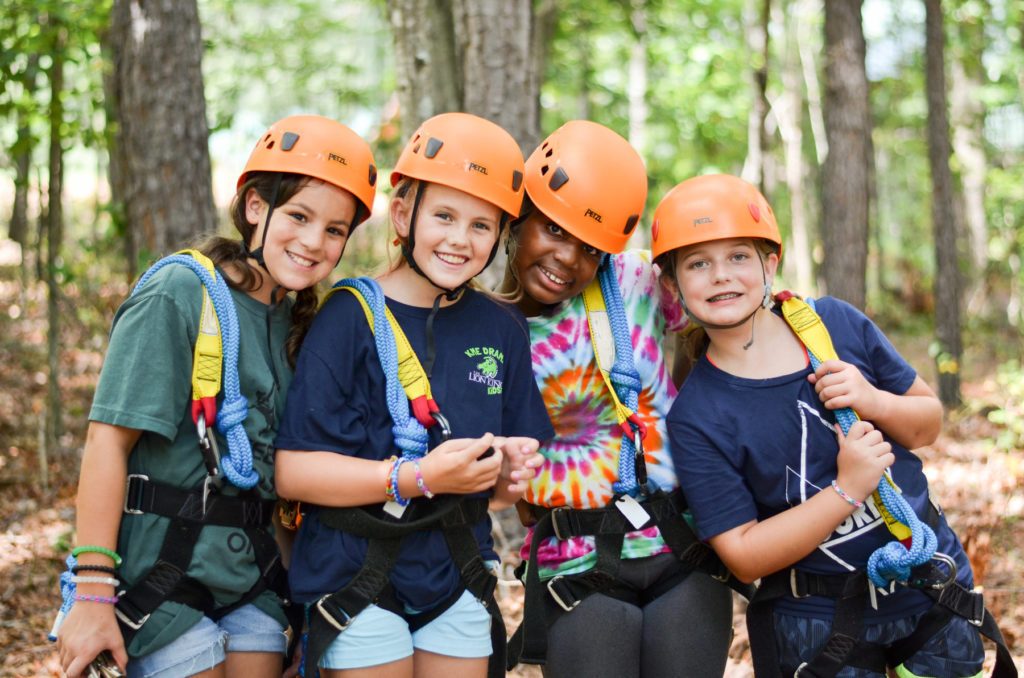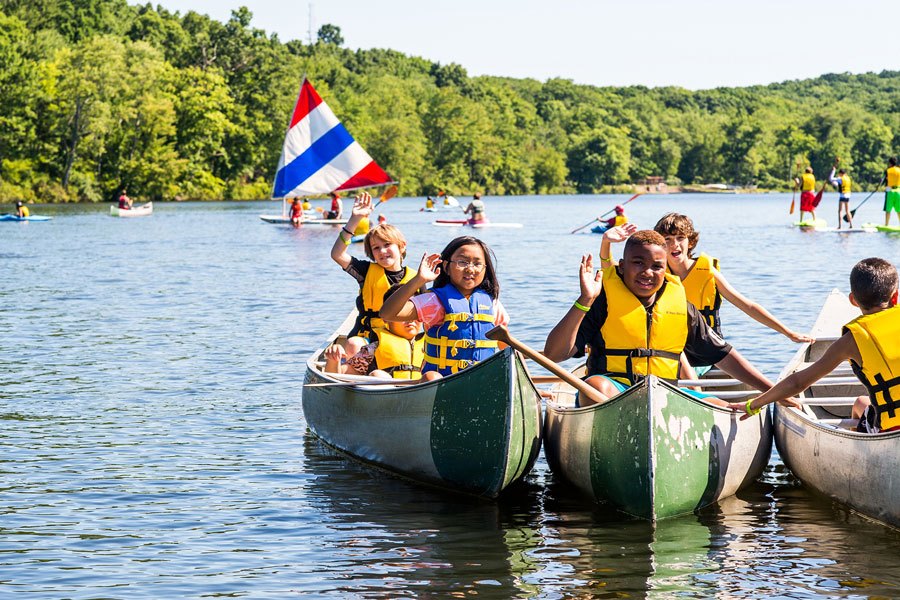Types of Summer Camps
Traditional Overnight Camps

Traditional overnight camps are one of the most popular types of summer camps. These camps offer a residential experience where campers stay overnight for a certain duration, such as a week or multiple weeks. Activities at traditional overnight camps often include a mix of outdoor adventures, team-building exercises, arts and crafts, sports, and campfire activities. Campers have the opportunity to make new friends, develop independence, and immerse themselves in a camp community.
Day Camps and Specialty Camps
Day camps are another common type of summer camp. Unlike overnight camps, day camps do not involve overnight stays. Campers attend during the day and return home in the afternoon or evening. Day camps often offer a range of activities similar to overnight camps, but campers have the comfort of returning to their own homes at the end of the day. Specialty camps are a variation of day camps, focusing on specific interests or skills such as music, science, technology, or outdoor adventures.
Social Interaction and Friendships
A. Building Friendships and Community
-
Interacting with peers from diverse backgrounds and forming lasting friendships
One of the key aspects of summer camps is the opportunity for campers to interact with peers from diverse backgrounds. Campers often come from different schools, cities, or even countries, creating a rich environment for cultural exchange and friendship building. Through shared experiences and activities, campers have the chance to form lasting friendships that extend beyond the duration of the camp. These connections can provide a support system and lifelong friendships.
-
Creating a sense of belonging and a supportive camp community
Summer camps aim to create a sense of belonging and community among campers. Through team-building exercises, group activities, and shared living experiences, campers develop a bond and a feeling of being part of a larger group. This supportive camp community encourages campers to be themselves, embrace their individuality, and feel accepted by their peers. The sense of belonging fosters a positive and inclusive environment where campers can thrive and grow.
B. Cultural Exchange and Diversity Appreciation
-
Embracing diversity and learning about different cultures
Summer camps provide a unique opportunity for campers to embrace diversity and learn about different cultures. With campers coming from various backgrounds, each individual brings their own customs, traditions, and perspectives. Through interactions and shared activities, campers have the chance to gain a deeper understanding of different cultures, languages, and traditions. This exposure to diversity fosters appreciation, acceptance, and respect for others.
-
Fostering inclusivity, empathy, and understanding
Inclusivity is a fundamental value in summer camps, promoting empathy, understanding, and respect for others. Campers are encouraged to celebrate differences, challenge stereotypes, and embrace each other’s unique qualities. By participating in activities that encourage teamwork, cooperation, and collaboration, campers learn to appreciate the strengths and talents of their peers, fostering a sense of empathy and understanding.
Summer camp offers fun, enriching, and transformative experiences for youth. Through a wide range of activities, programs, and personal development opportunities, summer camps provide a platform for children and teenagers to grow, learn, make new friends, and create lifelong memories. Whether through outdoor adventures, artistic pursuits, or personal growth activities, summer camp plays a vital role in shaping the lives of young individuals.


